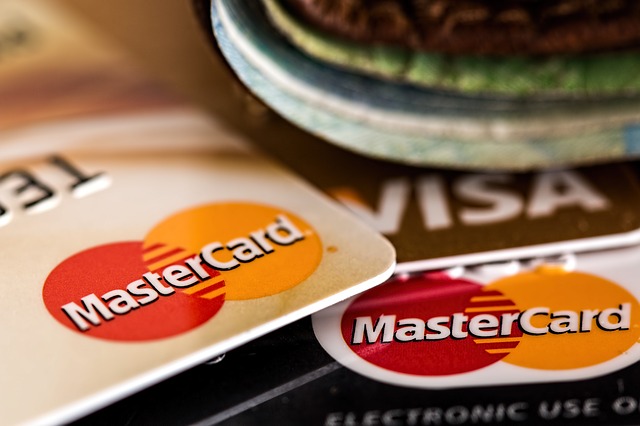Businesses need to have impressive credit scores to get funds for things such as starting up, daily operations, or even expansion. However, most of them tend to neglect improving their credit score and suffer the consequences by finding it hard to access credit when they need it or having to pay high interest rates if they manage to secure it. Building a good credit rating and credible business creditworthiness is a process that involves deliberate efforts.
So, what are some of the factors that a business should consider to improve its credit score?
Checking credit report
It is crucial to keep a close eye on your business credit report, and you do so by requesting them from the major credit bureaus. Fortunately, getting your reports does not affect your score negatively. Comb through the reports carefully to pick out any errors, omissions, or any other thing that may hurt your business credit rating. Dispute any of these issues by reaching out to the credit agencies and entities that have shared the incorrect information to have it rectified.
Request vendors to report your timely payments
There are credit agencies for reporting businesses credit the same way there are for personal credit. Some of the business credit agencies include Equifax, Dun & Bradstreet, and Experian. If your payment history with your suppliers and vendors is impressive, you can request them to share your timely payments with the credit bureaus. Good reports from vendors will improve your credit rating. Also, get reports from these agencies and check for any errors, fraud, or any other thing and seek correction of the issue.
Timely payments
Late payment of your venture’s bills or vendor accounts will have a negative effect on your credit and make your credit rating drop. This is usually the case if the creditor chooses to share that information with a credit bureau or collecting agency. Besides boosting your credit rating, timely payments will enable you to have good relationships with your lenders and suppliers.
However, if your business has a bad score already due to any reason, you should not see it as if all is lost. You could improve your score by buying tradelines from reputable credit boosting companies as well as working with those experts on improving your score.
Maintaining unused accounts
Just like an individual, businesses may have some old accounts that they do not use and have zero balances. At times, some business may opt to close such accounts, but that is an unwise move. Closing an account reduces the total credit available to the business and may have a negative impact on the credit rating. Additionally, keeping those unused accounts makes it possible to spread out your outstanding balances if need be.
Distributing your balances
Those businesses with several credit cards have an option of transferring their balances from one card to another or to several others so that the balances are uniformly spread out. The idea behind distributing balances is to lower the debt-to-equity ratio, thus improving the credit score. Transferring balances to cards with lower interest rates could also benefit the business by reducing the amount payable.
Conclusion
Some of the factors that can increase a business credit rating include checking credit reports to enable correction of any issues, timely payments, and spreading out balances. Moreover, a business should avoid closing unused accounts and request vendors to share their impressive credit history with credit agencies.




